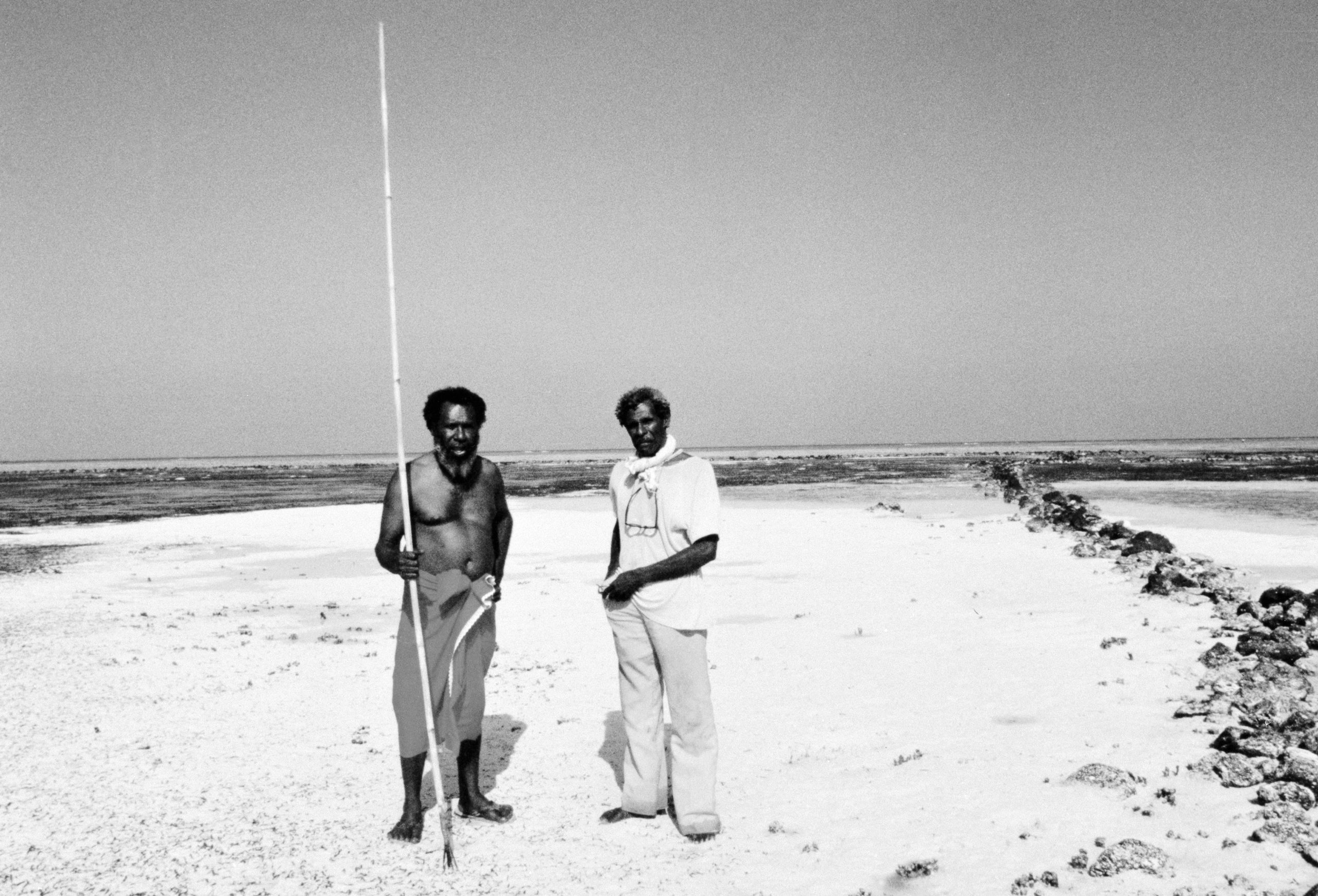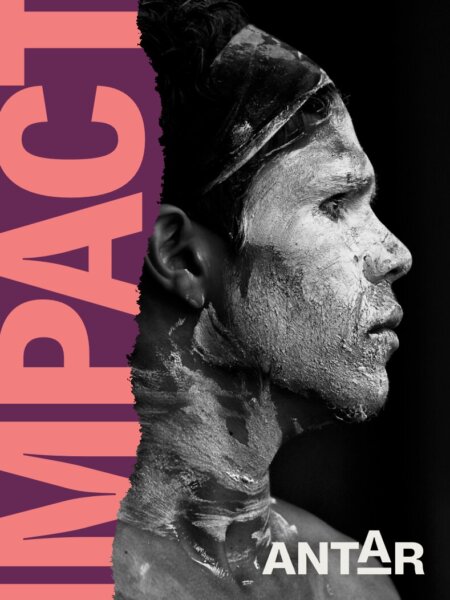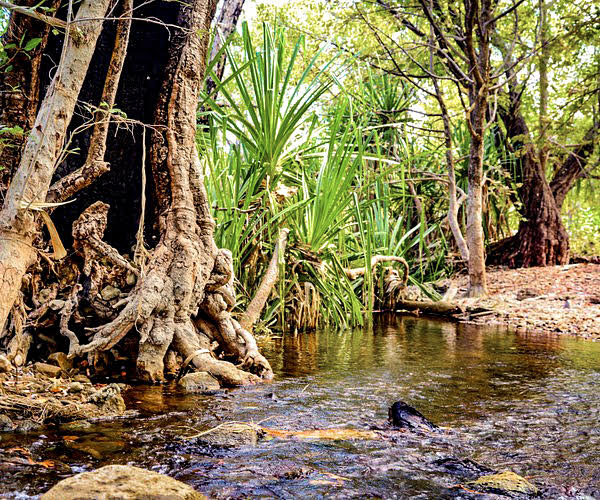After years of resistance and resilience in the face of colonisation and a system of denial, the claim of native title by Eddie Koiki Mabo was recognised by the High Court of Australia – overturning two centuries of the lie of terra nullius. What followed was the creation of the Native Title Act (1993), furthermore embedding the native title at the forefront of its reciprocative/ interconnected relationship. In the Preamble, it states:
Justice requires that, if acts that extinguish native title are to be validated or to be allowed, compensation on just terms, and with a special right to negotiate its form, must be provided to the holders of the native title. However, where appropriate, the native title should not be extinguished but revived after a validated act ceases to have effect.
Native Title is the recognition under Commonwealth law that Aboriginal and Torres Strait Islander peoples have rights and interests to lands and waters according to their traditional laws and customs.
Native title laws enacted in 1993 were intended to ‘rectify past injustices’ and raised hopes that the lives of Aboriginal and Torres Strait Islander people would be measurably improved.
The Native Title Act attempted to clarify the legal position of non-Indigenous landholders and the process for claiming, protecting and recognising native title in the courts. The native title system ‘lumbers on’, but questions remain about how fair or equitable it is.
Over the last 30 years, the native title system has become complex, costly and slow, with the odds weighted against Aboriginal and Torres Strait Islander people.
Looking back on the three decades since the Mabo decision, it is clear that we have made significant progress. But the promise of Mabo has not yet been fulfilled.

Eddie Mabo (left) and Jack Wailu at home on the island of Mer in the Torres Strait Islands in 1990, during the High Court hearings in the Mabo Case, which eventually recognised First Nations Peoples’ title to their lands. Mabo Day is celebrated on 3 June each year.







